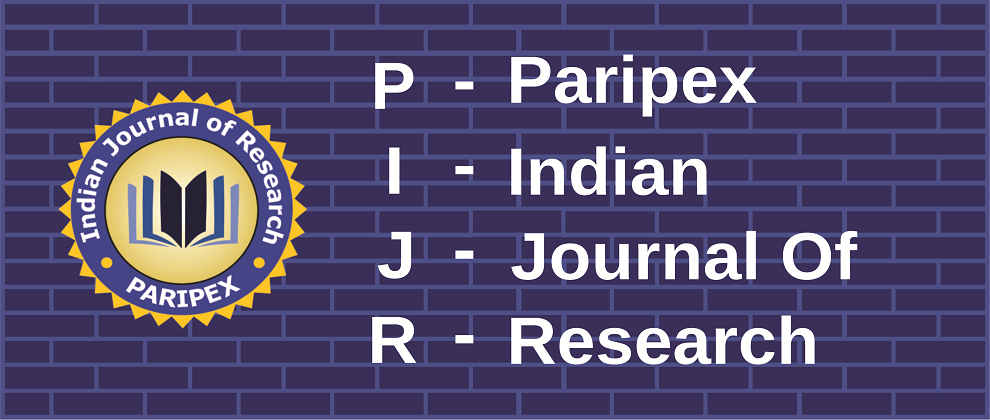Volume : IX, Issue : II, February - 2020
Infections during First Year of Renal Transplantation: Etiology, Risk Factors and Outcome
Dr. Amit Katyal, Dr. M. M. Bahadur
Abstract :
Background: Renal transplantation is the best treatment in managing end stage renal disease patients.However infections in these patients remain the leading cause of morbidity and mortality[1]. Various factors like age, co–morbid infections like Hepatitis C infection and presence of Diabetes Mellitus, play a role in development of these infections. In developing country like ours, the spectrum of infection is likely to be different from the western world[2]. There is paucity of data on this aspect. There exists a conflict in literature regarding the predisposition to these infections and their impact on graft outcome. Aims & Objectives:This study proposes to analyse the predisposing factors, spectrum of infections in renal transplant recipients and their impact on graft function. Materials & Methods:Hundred renal transplant patients who received transplant between 01 Jan 2015 to Dec 2015 were prospectively followed for a period of one year for development of a major infection. All patients underwent thorough evaluation with complete blood count, urine and blood cultures, Radiological investigations and invasive investigations were done on case to case basis to achieve an etiological diagnosis. Special investigations were done when clinically indicated and infections were diagnosed based on established criteria. Those patients who had evidence of graft dysfunction were subjected to kidney biopsy. Descriptive analysis was done for all variables statistical analysis was done using paired/unpaired T test. A p value of < o.o5 was considered significant. Results: 68 patients (68%) had 138 episodes of infection (i.e. 2.02/patient)[3]. There were 42%episodes of bacterial infections, 29% of viral infections, 8.7% of fungal, 7.1% tubercular and 14.4% had miscellaneous infection.There was no significant correlation between development of infection and variables like Diabetes Mellitus, age and HCV infection. There was significant increase in creatinine value at the end of one year, in the patients of infection(p value0.003), which on comparison with the non infected group was not significant(p >0.05). Conclusion: Nearly 68% of transplant recipients had an episode of major infection in the first year of transplantation.The majority of infection were bacterial(42%); and the dominant amongst them, was UTI. Graft survival was not inferior in these patients, at the end of one year.
Article:
Download PDF
DOI : https://www.doi.org/10.36106/paripex/3400332
Cite This Article:
INFECTIONS DURING FIRST YEAR OF RENAL TRANSPLANTATION: ETIOLOGY, RISK FACTORS AND OUTCOME, Dr. Amit Katyal, Dr. M.M. Bahadur PARIPEX-INDIAN JOURNAL OF RESEARCH : Volume-9 | Issue-2 | February-2020
Number of Downloads : 293
References :
INFECTIONS DURING FIRST YEAR OF RENAL TRANSPLANTATION: ETIOLOGY, RISK FACTORS AND OUTCOME, Dr. Amit Katyal, Dr. M.M. Bahadur PARIPEX-INDIAN JOURNAL OF RESEARCH : Volume-9 | Issue-2 | February-2020


 MENU
MENU

 MENU
MENU






